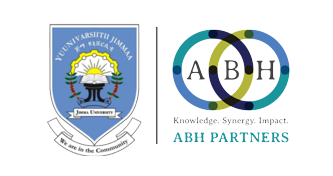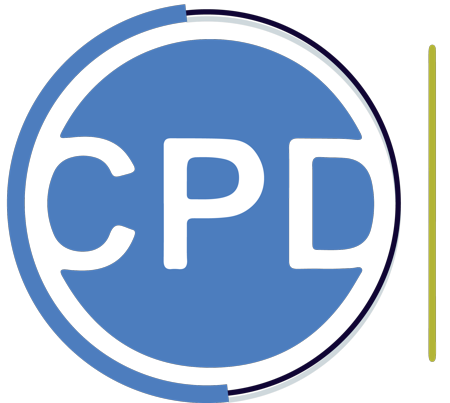
We are excited to announce that registration is officially open for our Postgraduate and Under Graduate Program!
CPD Explained
What is Continuing Professional Development (CPD)?
Continuing Professional Development (CPD) encompasses all activities that professionals engage in to maintain, update, and enhance their knowledge, skills, and attitudes in response to the evolving needs of their sectors. CPD can be achieved through formal methods, such as courses and training, as well as informal methods, including on-the-job learning and self-study.
Benefits of CPD
CPD offers a multitude of benefits for both individuals and organizations, including:
- Skill Enhancement: Keeps skills and knowledge current, helping professionals remain competitive.
- Career Advancement: Opens new opportunities for promotions and enhances professional credibility.
- Increased Confidence: Builds self-assurance in professional abilities, preparing individuals for new challenges.
- Job Satisfaction: Keeps work engaging and encourages proactive personal and professional growth.
- Networking Opportunities: Facilitates connections with other professionals, building a strong professional network.
- Adaptability: Prepares professionals to navigate changes in their industry and embrace future developments.
- Organizational Growth: Improves overall productivity and efficiency, contributing to the success of the organization through a skilled workforce.
Types of CPD Learning Activities4
Engaging in CPD can take various forms:
- Formal Education: Enrolling in degree programs, certifications, or attending workshops and conferences.
- On-the-Job Training: Taking on new responsibilities, job shadowing, or participating in cross-functional teams.
- Self-Directed Learning: Reading industry-related literature, participating in online courses, or consuming relevant podcasts and videos.
- Professional Activities: Joining professional associations, attending networking events, or presenting at conferences.
- Reflective Practice: Keeping a learning journal, seeking feedback, and engaging in peer reviews.
- Volunteering: Contributing skills to non-profits or participating in community projects related to one's profession.
By embracing CPD, professionals can not only enhance their capabilities but also ensure they are well-equipped to meet the demands of their roles in an ever-changing landscape.
Tailored CPD Content
Effective CPD should be tailored to address specific gaps in knowledge and skills, considering the diverse needs of health and other sector professionals. This may involve theoretical knowledge, practical skills, team building, leadership, communication, professional ethics, teaching, research, and administration.

